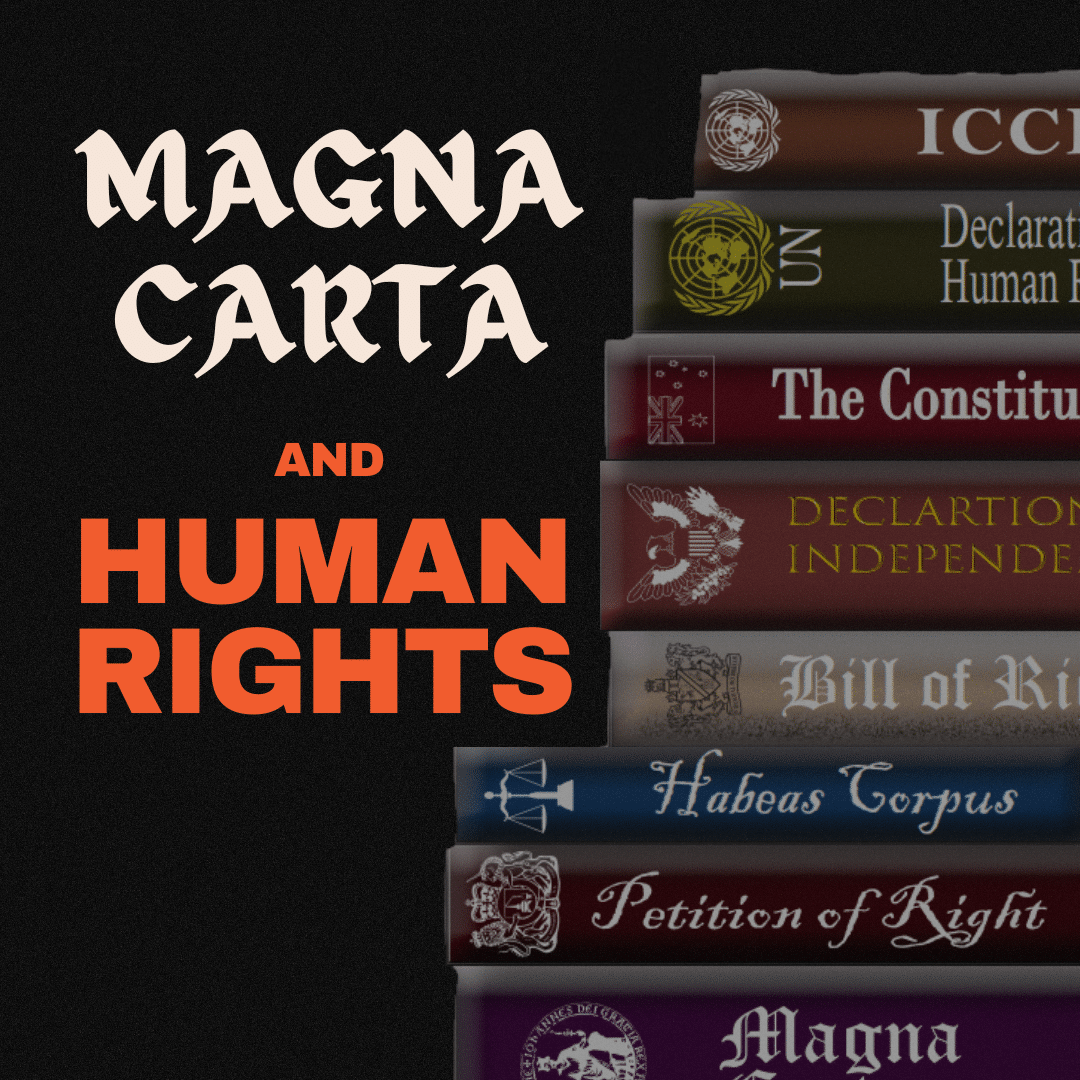We are an independent
& non-political organisation
Equipping Australians to champion and safeguard their freedoms secured by democracy and the rule of law
We see the importance of educating students and the community about laws & democracy as derived from the Magna Carta, & how they protect Australians from misuse of power.
What we Offer
We want students to have explicit knowledge (ie be taught the fundamentals of government and laws) so they can have a respectful and informed debate and hold the government to account for the decisions they make on their behalf.
Safeguard Freedom
We represent over 2,800 Australians who value our freedoms secured by democracy and the rule of law.

Respectful Debate
To defend the rule of law, we encourage and participate in the exploration of ideas through respectful, non-political debate.

Civics Education Program
We encourage Australians to understand and comply with laws and constructively engage with the law and government.

School Court Tours
We facilitate tours at the Downing Centre Courts for Legal Studies students, enhancing public confidence and trust in our legal system by witnessing justice in action.

Classroom Resources on government and law
We provide curriculum-linked resources developed by experienced teachers for use in Legal Studies, HASS, Civics and Citizenship and Commerce.

Explore Historical Events
We help students apply historical events to modern-day issues to understand how the rule of law has provided the protections they enjoy today.

What is the
Rule of Law?
At its most basic level, the rule of law is the concept that both the government and citizens know the law and obey it.
We use the Rule of Law Wheel to explain what we mean by the rule of law. The Rule of Law Wheel illustrates the key principles, institutions and checks and balances that are present in a society that operates under the Rule of Law.
Why the rule of law and Magna Carta are relevant today
All the way back to the sealing of the Magna Carta in 1215, the foundations of an independent judiciary, the separation of powers, punishment according to the law and a fair trial, were introduced for the protection of individual rights and holding the King to account.
These foundations protected against arbitrary rule and ensured those in power were held accountable according to the law.
Australia’s foundations in a democracy under the rule of law are based upon the legacy of the Magna Carta. They rely on the ability of all people to have their say and to hold those in power to account.
For democracy under the rule of law to survive, Australian students must have the understanding and tools to be active and informed citizens, who at times can criticise those in power and ensure they act according to the law. Australian students need to value the institutions and processes that provide checks and balances and avenues to raise concerns such as a free press, independent judiciary and parliamentary process and review.
And this is what we do at the Rule of Law Education Centre.
We are the Champions of the Rule of Law and democracy in schools and in the community. We fill the gap that the government funded organisations cannot do, lest they bite the hand that feeds them.











